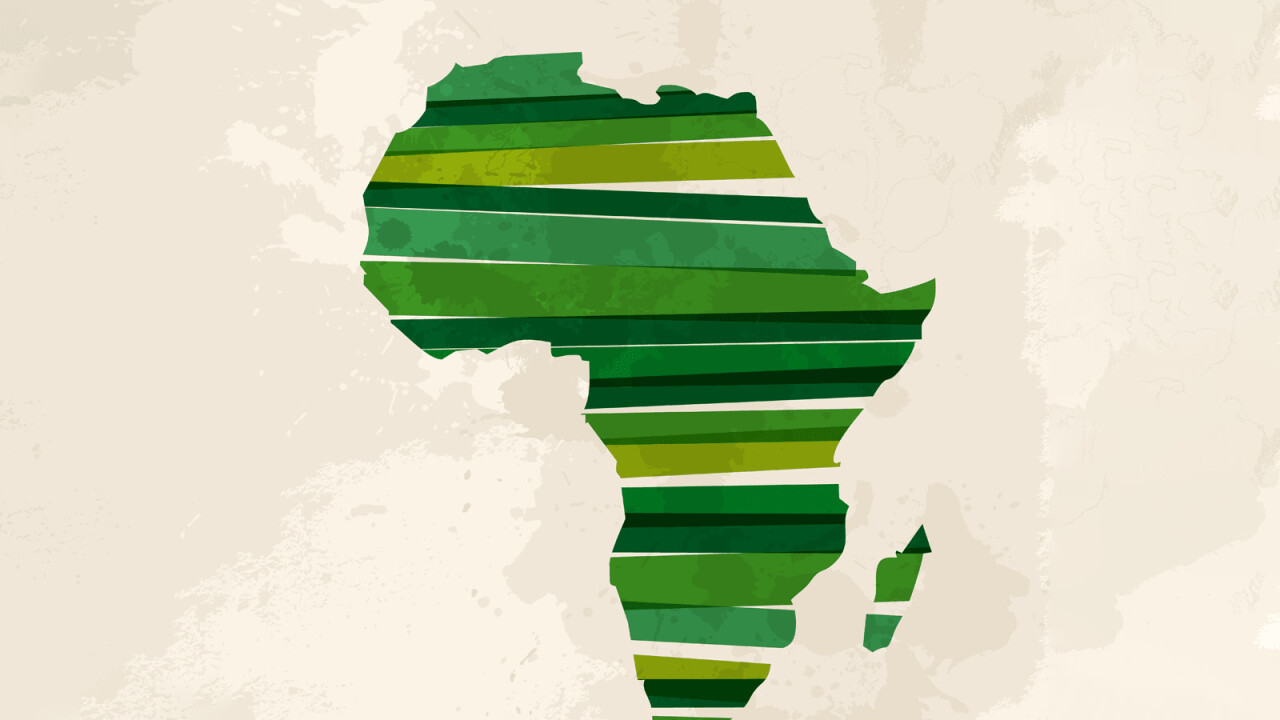
The big tech news from Africa in January was actually around the lack of access to tech, after the Cameroonian government shut down internet connectivity in parts of the West African country.
Internet access in English-speaking regions was blocked following new protests against the marginalization of Cameroonian anglophone communities. The shutdown remains in place in some areas.
Other African governments are employing a more liberal attitude to tech. Kenya has been running a presidential digital talent internship, which has just placed its first 89 graduates in jobs. The Rwandan government, meanwhile, is lending its support to an Uber competitor set to be launched by Volkswagen. Uber is not yet present in the East African country.
Expanding and developing
Another significant development in Rwanda over the last few months has been the progress of drone delivery company Zipline. The company raised funding late last year to expand operations, and has now started doing so with a launch in neighboring Tanzania.
Netflix competitor subscription video-on-demand service ShowMax partnered pan-African telecoms enabler Seacom in a move that will see the latter host ShowMax caching servers in Nairobi. This allows for peering to take place with local ISPs, and should help ShowMax expand through faster services.
Mastercard, meanwhile, has launched a digital platform connecting smallholder farmers, agents, buyers and banks in East Africa. The 2KUZE platform helps farmers buy, sell and receive payments via their feature phones.
Non-governmental healthcare development firm Pathfinder International launched a mobile app that helps improve post-abortion care in African countries. Launched in Tanzania and Mozambique, the app involves a 23-point checklist that doctors can use to help improve post-abortion care.
Shutting up shop
It was not all good news, however. Nigerian classifieds marketplace Efritin announced it was closing down operations due to managerial and operational issues. Management confirmed Efritin was spending more than its sister companies Bikroy were earning. The central team was disbanded and distributed to other sister offices.
In Kenya, meanwhile, e-commerce platform Rupu closed shop. Launched five years ago, Rupu enabled small and medium businesses to offer discounts to groups of people, but parent company Ringier Group has closed it down to launch P Promos.
Ringier said the new brand would provide alternative ways for merchants to advertise their goods and services to an online audience.
Boosting the startup ecosystem
Further developments in Africa’s tech startup space, where South Africa’s Standard Bank partnered with GE to launch a healthcare innovation center. Five East African hubs also joined forces for a regional accelerator for tech startups under the auspices of the World Bank.
A new report released in January found the number of African startups that raised funding in 2016 increased by 17 per cent from 2015, and there were further significant funding rounds to kick off 2017.
There was a record round for an Egyptian tech startup, with recruitment startup Vezeeta raising US$5 million, while Kenyan fintech company BitPesa closed US$2.5 million in investment. There were also rounds for Cape Town’s Tagmarshal, Tanzania’s Jamii and Nigeria’s Asuqu, while a new French fund will ensure the investment just keeps coming.
Get the TNW newsletter
Get the most important tech news in your inbox each week.




